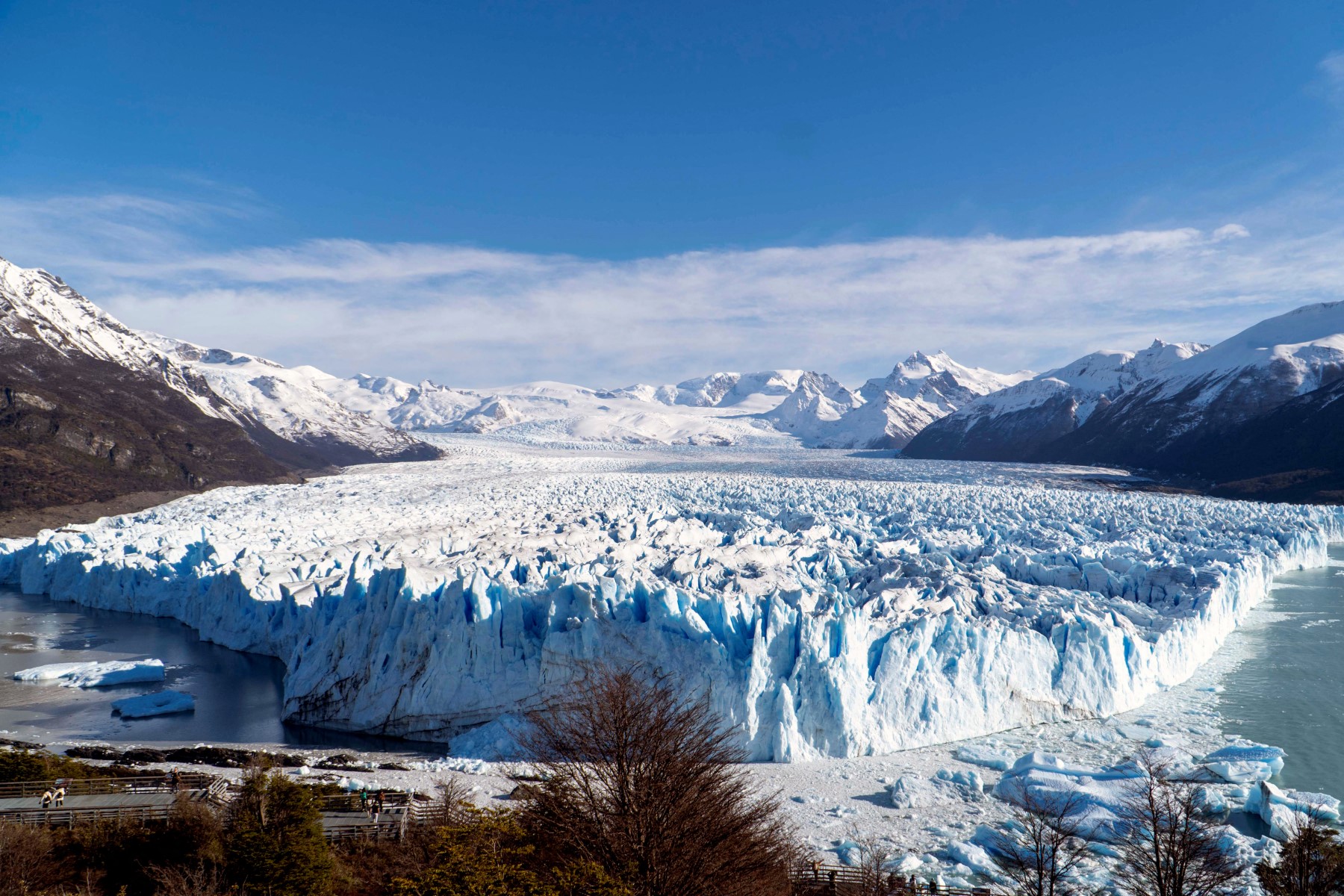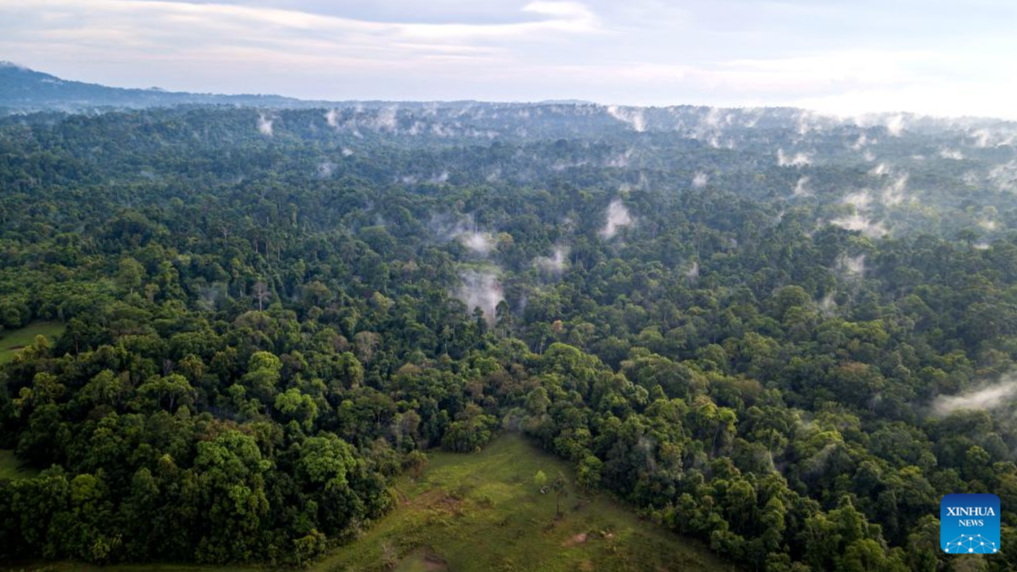
UNITED NATIONS - The UN General Assembly adopted a resolution on Tuesday proclaiming 2025-2034 as the decade of action for cryospheric sciences.
The resolution, titled "Decade of action for cryospheric sciences, 2025-2034" and adopted without a vote, was aimed at addressing the challenges associated with melting glaciers and changes to the cryosphere by advancing related scientific research and monitoring.
Introducing text of the draft resolution, the representative of France spotlighted the vulnerability of glaciers and poles to climate change and their role in regulating climate, ocean levels and preserving biodiversity.
"This UN Decade will provide a political impetus needed to make this issue a priority on the multilateral agenda," she said, describing the cryosphere, the frozen components of the Earth's system, as "an essential resource for our planet's equilibrium".
ALSO READ: Scientists: No quick fix to reverse Antarctic sea ice loss
Also on Tuesday, the General Assembly adopted a resolution on "Fostering sustainable forest management, including afforestation and reforestation, in degraded lands, including drylands, as an effective solution to environmental challenges."

Sustainable forest management, including afforestation and reforestation, can have economic, social and environmental benefits inter alia by contributing substantially to climate change mitigation and adaptation, said the resolution, which also emphasized the importance of strengthening international cooperation, as well as public-private partnerships to promote sustainable forest management.
Meanwhile, the General Assembly adopted, without a vote, a resolution titled "Multidimensional vulnerability index" on Tuesday.
While Denmark's delegate called on all stakeholders to integrate vulnerability factors into their analysis and actions, saying that gross domestic product and gross national income per capita do not reflect the vulnerabilities that small island developing states and other developing nations face, Colombia's delegate said the index takes into account exogenous factors and therefore, "its application is limited" for his country and its vulnerability will not be reflected by the instrument.
READ MORE: New warning on rapid melting of glaciers
International financial institutions should use the index as a complement to other development measurements, he said.


